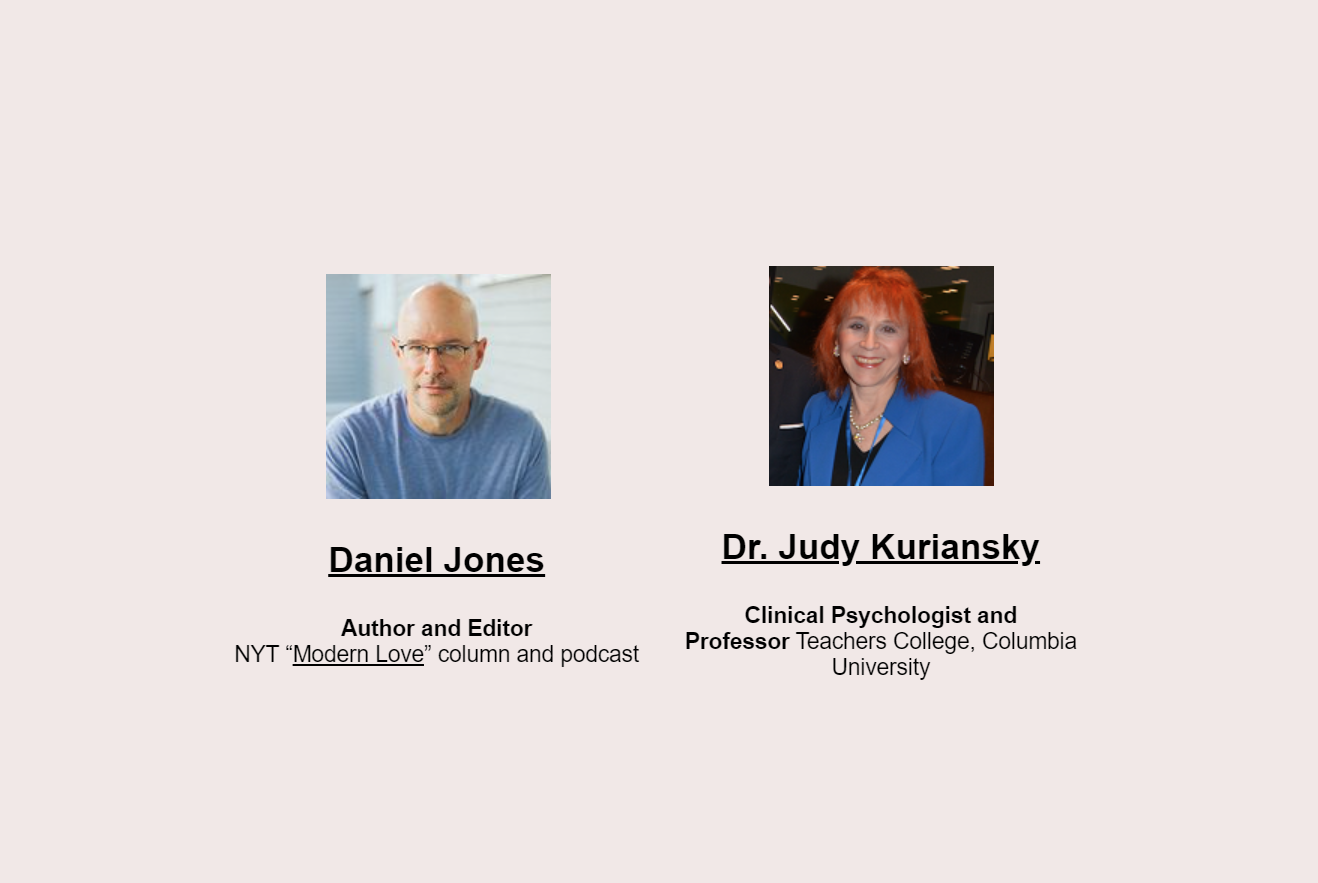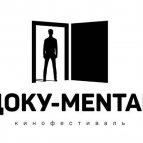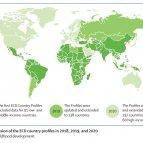Mental Health of Children and Adolescents will be Discussed at the II Congress on Mental Health: Meeting the Needs of the XXI Century»
Mental health of children and adolescents is a crucial indicator of the wellbeing of the state, the nation’s spiritual and moral development, and its future social and economic status. The children’s and adolescents’ health agenda is becoming especially important due to the swift pace of life, enormous information loads, and the current global economic and political crisis.
The last decade public health data provides evidence of a steady increasing trend of mental disorders among children and adolescents. The WHO epidemiological surveys state: “Worldwide 10-20% of children and adolescents experience mental disorders. Half of all mental illnesses begin by the age of 14 and three-quarters by mid-20s”.
The II Congress on Mental Health: Meeting the Needs of the XXI Century will set up a platform for sharing experiences in developing educational policy in the field of mental health care for children and adolescents under the International Conference «Prevention of Mental Disorders and Promotion of Mental Health Values Among Children and Adolescents in the Educational Setting” to be held on 6 October 2018 in Moscow, Russia. The Conference will be followed by more than 20 educational, social and cultural events where mental health professionals, academics, and non-specialists, including volunteers and NGOs will discuss the best relevant academic and practical achievements in the fields of prevention of mental disorders as well as guidelines for improved training in child and adolescent mental health services.
Dr Gordana Milavić MD., F.R.C.Psych. Consultant Child and Adolescent Psychiatrist at the Maudsley Hospital (London, UK), a member of the Congress’ International Organizing Committee (CIOC) says: “We now know that children are particularly sensitive and vulnerable to early stressors from the moment of their conception onwards resulting in immediate and longer term adverse effects upon their wellbeing. Therefore, intervening early is of essence, particularly in the critical periods of childhood and adolescence. Through the implementation of effective preventive and treatment strategies we can avoid adverse mental health outcomes and ameliorate the effects of disorders when they do arise. This can be done through tackling stigma and improving attitudes to mental illness, identifying those children who are at risk, making services more accessible and adhering to effective and well researched methods of treatment and follow up. In order to bridge the gap between demand and capacity child and adolescent mental health services are best delivered across stratified services ranging from primary care to specialist services. The basic principles of a tiered approach include the involvement of primary care services in addressing the wellbeing of children and young people’s emotional and mental health needs through to the establishment of specialist services in multidisciplinary teams and hospital settings. Thus, General Practitioners, Health Visitors, School Nurses, Social Services, Teachers, Voluntary agencies and juvenile justice workers may be trained to identify mental health problems early in their development, to offer general advice and to refer on if problems persist or become severe. Specialist services may be reserved for the more severe, complex and chronic disorders”.
From birth, onwards children should be able to enjoy an environment required for fulfilling their potential at each stage of their development. This includes awakening a child’s interest in learning about the world around them. In this regard, education stands out as a determining factor required for the development, wellbeing and mental health. Dr. Mohammad Khodayarifard, Professor of Child Clinical Psychology at the University of Tehran (Iran), CIOC states: “Without doubt, mental health and education both impact each other sharply. The foundation of good mental health is laid in childhood years, and has a major impact on multiple outcomes later in life. The educational setting is the most important ground outside the family for strengthening children’s ego, the development of children’s mental health and prevention of potential mental health problems. Educational settings promote mental health when they provide children and adolescents with a sense of identity and meaning, etc. On the other hand, good mental health is associated with better educational outcomes. Incorporating mental health into educational strategies results in a wide range of positive impacts on children’s development and contributes to developing, maintaining and protecting society’s most potent resource, children’s mental health”.
For children with mental disorders education becomes even more important, since in this case, in addition to its main task, it carries out therapeutic and psycho-orthopedic and rehabilitation functions. Bennett Leventhal, M.D. Professor of Psychiatry, Deputy Director of Child and Adolescent Psychiatry and Deputy Director of the STAR Center for Autism Spectrum and Neurodevelopmental Disorders at the University of California San Francisco as well as the Irving B. Harris (USA) states: “Education is critical for developing youth, especially the 20% with psychiatric disorders that can limit achievement and lead to lifelong disability. In order for youth to receive appropriate education and development, teachers, parents and administrators require education and training in order to sustain educational processes for the youth in their care.”
About the II Congress on Mental Health: Meeting the Needs of the XXI Century
II Congress on Mental Health: Meeting the Needs of the XXI Century- http://www.mental-health-congress.ru/en/
Union for Mental Health of Russia – https://mental-health-russia.ru/eng/
|
Dates |
05 – 07 October 2018 |
|
|
Venue |
Congress Center (International Trade Center), 12, Krasnopresnenskaya Nab., Moscow, Russia http://www.mental-health-congress.ru/ru/page/location/ |
|
|
Under Patronage |
Ministry of Health of the Russian Federation, Ministry of Education and Science of the Russian Federation, Ministry of Labor and Social Care of the Russian Federation, Ministry of Sport of the Russian Federation |
|
|
Organized by |
Union for Mental Health of Russia, Russian Society of Psychiatrists, Russian Psychological Society, All-Russia Professional Psychotherapy League, Russian Association of Gerontologists and Geriatricians |
|
|
Co-sponsored by |
|
|
|
In collaboration with |
|
|
|
International Organizing Committee |
http://www.mental-health-congress.ru/ru/2018/committee/word/ |
|
|
Russian Organizing Committee |
http://www.mental-health-congress.ru/ru/2018/committee/organise/ |
|
|
International Scientific Committee |
http://www.mental-health-congress.ru/ru/2018/committee/science/ |
|
|
Congress Events
|
Opening Plenary Sessions (5 October 2018, Friday)
Conferences (6 October 2018, Saturday)
Round Table (7October, Sunday)
Master-classes (5-7 октября 2018)
Workshops (7 октября 2018, воскресенье)
Early Career Mental Health Specialists Program (5-7 October 2018)
Social and Cultural Events (4-6 October 2018)
Business Agenda
|
|









